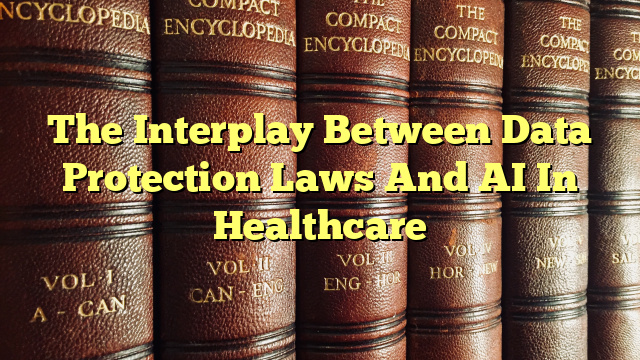Table of Contents
Role of AI in Data Protection
Artificial Intelligence (AI) plays a crucial role in data protection by enabling organizations to analyze and process vast amounts of data efficiently. AI algorithms can identify patterns, detect anomalies, and make predictions, helping to identify potential data breaches or security risks. Additionally, AI can automate data protection processes, such as data classification and access control, improving overall data security.
GDPR Mandate about the Use of AI
The General Data Protection Regulation (GDPR) mandates that organizations using AI must comply with its data protection principles. These principles include ensuring the lawfulness, fairness, and transparency of AI processing, limiting the purposes and minimizing the data collected, and implementing appropriate security measures to protect personal data. Organizations must also obtain explicit consent from individuals for AI processing activities and provide them with the right to access, rectify, and erase their personal data.
Privacy and Data Protection Issues in AI
AI presents several privacy and data protection issues. One concern is the potential for AI algorithms to make biased decisions or perpetuate existing biases in data. This can lead to discriminatory outcomes or violations of individuals’ privacy rights. Another issue is the increased collection and processing of personal data by AI systems, raising concerns about data security and unauthorized access. Additionally, the use of AI in healthcare may involve sensitive medical data, requiring strict compliance with privacy regulations.
Security Issues of AI in Healthcare
AI in healthcare introduces various security risks. One concern is the potential for malicious actors to manipulate AI algorithms or exploit vulnerabilities in AI systems, leading to unauthorized access or tampering with sensitive healthcare data. Another issue is the lack of transparency and interpretability of AI algorithms, making it difficult to identify and address security vulnerabilities. Additionally, the integration of AI systems with existing healthcare infrastructure may introduce new attack vectors and increase the overall cybersecurity risk.
Conclusion
The interplay between data protection laws and AI in healthcare is a complex and evolving area. While AI has the potential to enhance data protection efforts, it also presents privacy and security challenges. Organizations must navigate these issues by ensuring compliance with data protection regulations, addressing privacy concerns, and implementing robust security measures to protect sensitive healthcare data. By striking the right balance between AI and data protection, the healthcare industry can leverage the benefits of AI while safeguarding individuals’ privacy and data security.


Data protection laws must be closely monitored to ensure responsible and ethical usage of AI in healthcare.